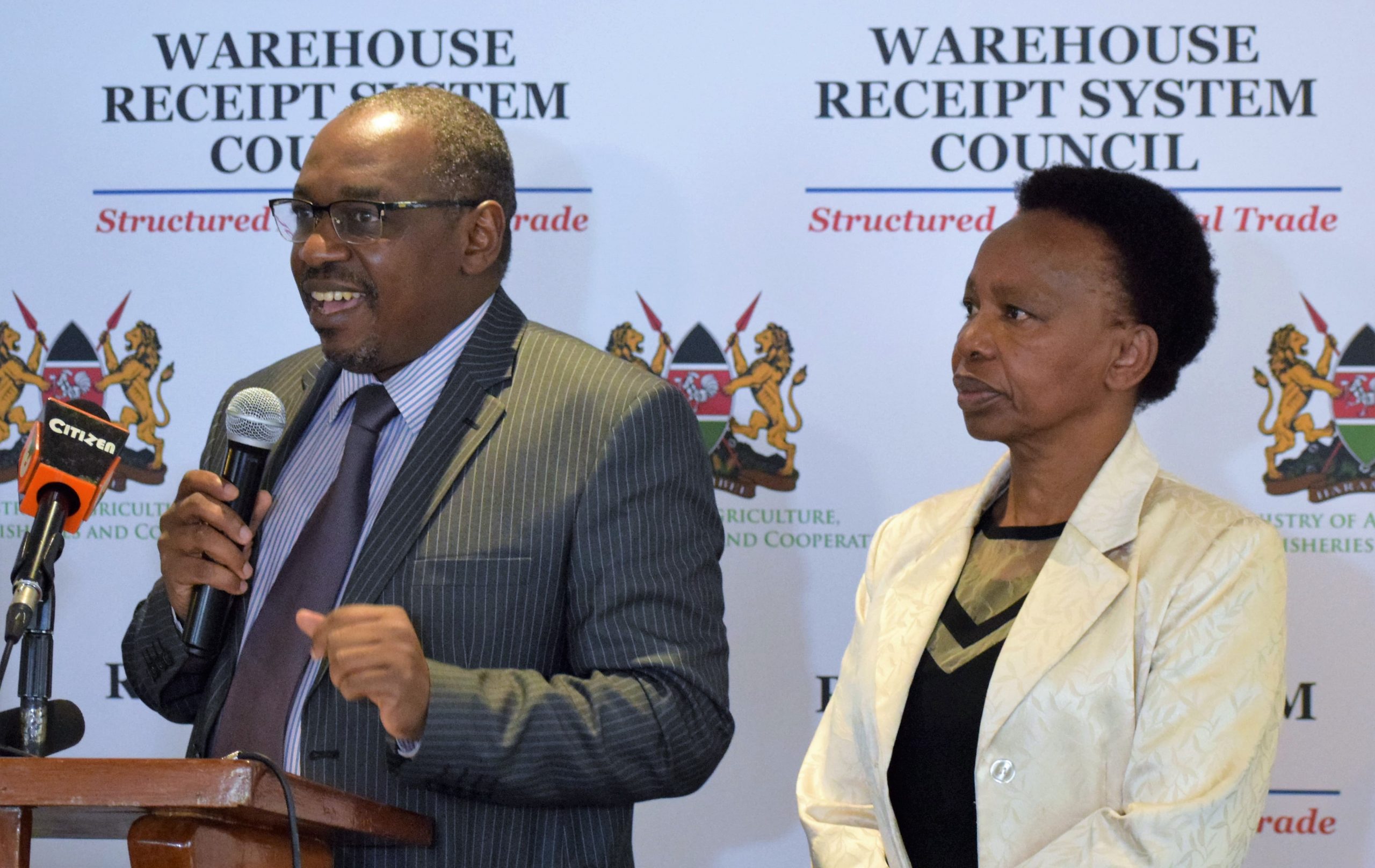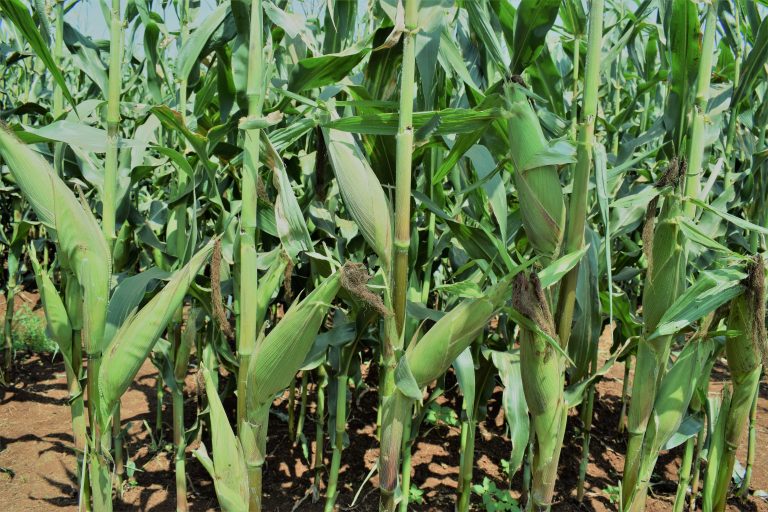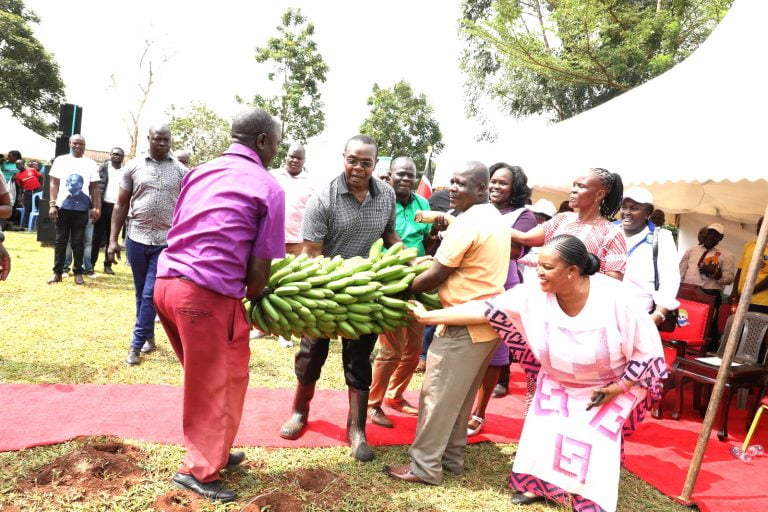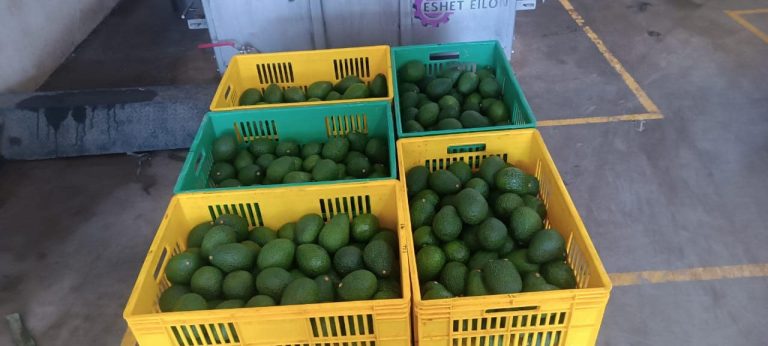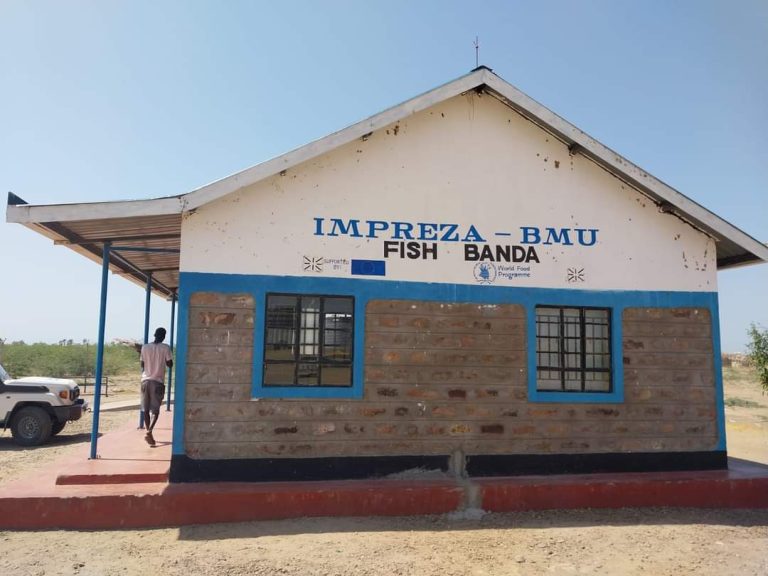Kenyans could benefit from using the Warehouse Receipt System (WRS) in a month or so. This was said by Prof. Hamadi Boga, The Principal Secretary for State Department for Crop Development and Agricultural Research in the Ministry of Agriculture, Livestock, Fisheries and Cooperatives. The PS was addressing the media and Warehouse Receipt System stakeholders in a Nairobi Hotel.
The Warehouse Receipt System (WRS) is a process where owners of commodities (producers or dealers) deposit their commodities in certified warehouses and are issued with a document of title called a Warehouse Receipt as proof of ownership. They can also use the receipt to get money from financial institutions.
The WRS Act was enacted on 18th June 2019. In operationalizing the law, the Government appointed the Warehouse Receipt System Council members who were inaugurated by the Ministry on 29th July 2020. The Council is the body responsible for the establishment, maintenance and development of the Warehouse Receipt System for agricultural commodities produced in Kenya.
“I am pleased to inform you that the Council has made commendable strides. Some of the key achievements include, finalisation of the WRS Regulations 2020, development of a communication plan to sensitise the public and identification of warehouses for the initial implementation. These strides give me the confidence that the depositors will start benefiting from the WRS in a month or so,” said Boga.
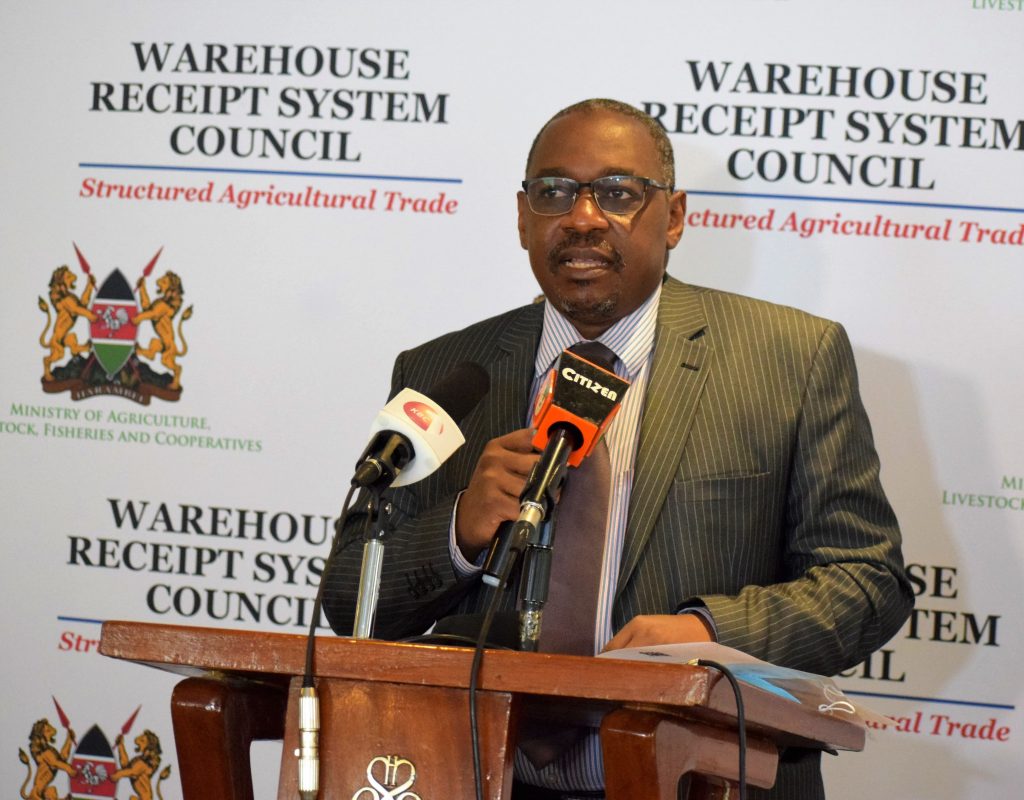
To support the private sector participation in WRS, The National Cereals and Produce Board (NCPB) has been tasked to release 7 million bags worth of space to the private sector on lease basis. The first stage is expected to deal with maize, wheat, sorghum, millet, and coffee while stage two will deal with Tea, Cow Peas, Dry Beans, Nuts, (Peanuts, Macadamia and Cashew) and Pigeon Peas.
The PS noted that the system will address several issues affecting farmers including post-harvest losses and urged stakeholders to embrace it. He also urged the council to move with speed and educate the public. He cited several challenges expected to be encountered before the system is fully embraced. These include the politics that surround maize farming in the country, farmers and traders being used to the current system and the cost of maintenance that will be incurred by those storing their produce in the warehouses.
The Chair of the WRS Council Mrs Mumbi Ngige says they have identified warehouses in Kitale, Eldoret, Nakuru and Meru among other places. The warehouses belong to NCPB while 3 are private. Those belonging to Kenya National Trading Corporation (KNTC) and New Kenya Planters Cooperative Union (New KPCU) are also undergoing inspection before they are certified. She added that 14 counties have been earmarked for a start.
In his remarks read on his behalf, the Chairman of the Agriculture Committee in the Council of Governors who is also the Tharaka Nithi Governor Muthomi Njuki said they fully support the establishment of WRS. “We as the County Governments fully support the establishment of this system and endeavour to mobilize, register and license farmers and warehouse owners and other actors to participate in warehouse receipt system as this is our mandate in the Act. This is simply because aggregation of produce by small scale farmers will first enable them access to large traders, processors or Government agencies and departments at a better price. Secondly, it enables them to participate in a modern and efficient market with standard produce quality and weights and lastly reduce price volatility hence improving liquidity,” he said.
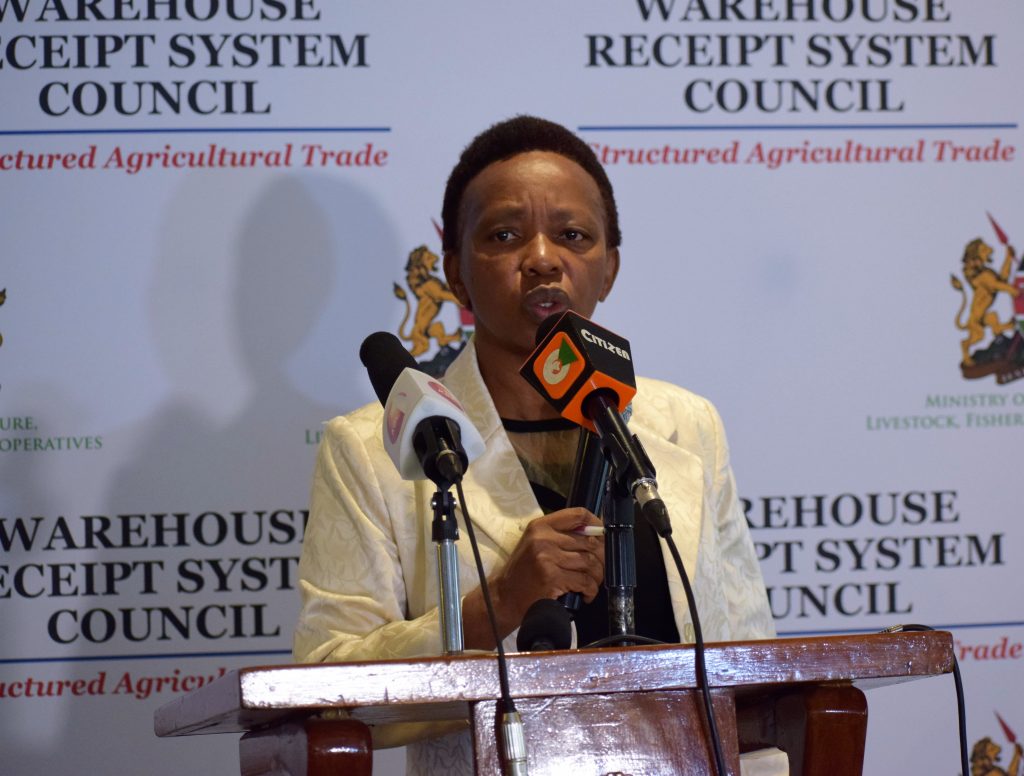
The Governor added that the process developing the warehousing system is a huge investment that will require deliberate efforts of the both levels of government and private sector for it to be fully functional. He called upon the Ministry of Agriculture, the County Governments and the Council to ensure that the stakeholders are well engaged in the process to ensure smooth implementation of the Act.
Among the benefits expected from the WRS include:
- Provide storage for surplus commodities/produce
- Food security/sufficiency out of the motivation of farmers to produce more.
- Consumers will be able to buy standardized commodities
- Farmers/producers will access credit facilities
- Employment creation within the eco-system
- Improved livelihoods of citizens in the rural areas
- Readily available market information to producers, farmers & government for decision making
- Improve efficiency in the market value chain
- Easy accessibility of products and information
- Increased exports in value terms
- Value addition and improved competitiveness


